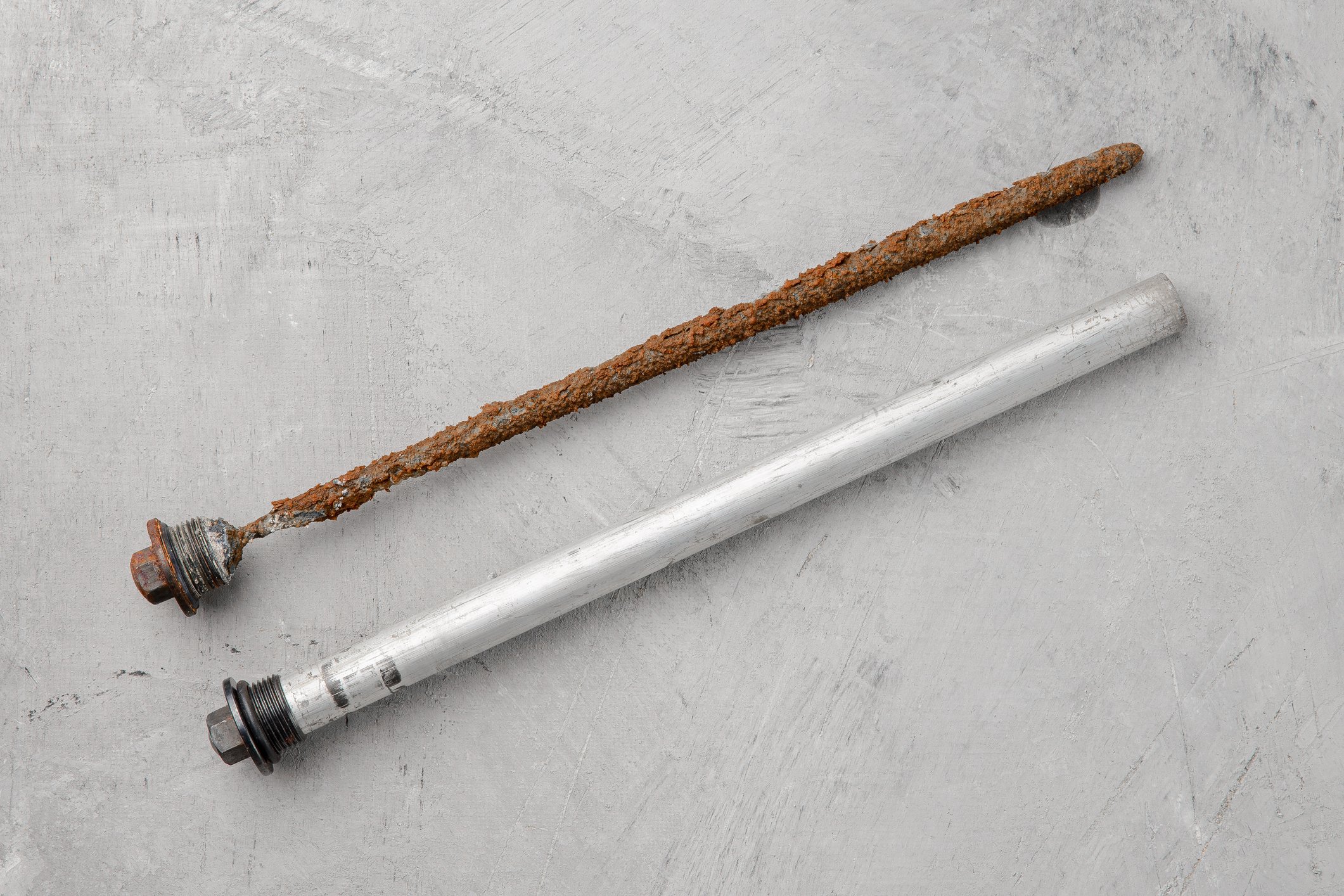The Crucial Element: When to Replace Your Water Heater's Anode Rod
Your water heater is a silent hero, faithfully providing hot water for your daily needs. But behind the scenes, there's a lesser-known component working tirelessly to protect your heater from corrosion and extend its lifespan: the anode rod. In this blog, we'll dive into the role of the anode rod, why and when it needs replacement, and the consequences of neglecting this vital maintenance task.
Understanding the Anode Rod
The anode rod is a relatively simple but essential part of your water heater. Typically made of magnesium, aluminum, or zinc, it's a long metal rod inserted into the water heater tank. Its primary purpose is sacrificial: it attracts corrosive elements in the water, preventing them from attacking the steel lining of the tank.
Why Replace the Anode Rod?
Over time, the anode rod gradually deteriorates as it reacts with corrosive elements in the water. This sacrificial process is intentional, as it prolongs the life of your water heater by diverting corrosion away from the tank's steel lining. However, once the anode rod is depleted, the tank becomes vulnerable to corrosion, leading to leaks, rust, and eventually, heater failure.
When to Replace
Determining when to replace the anode rod depends on various factors, including water quality, usage, and the type of rod used. As a general rule of thumb, it's recommended to inspect the anode rod annually and replace it every 3 to 5 years. However, in areas with particularly hard water or frequent heater use, more frequent inspections may be necessary.
Several indicators suggest it's time to replace the anode rod:
Visual Inspection: If the anode rod appears significantly corroded or has eroded to less than half its original size, it's time for a replacement.
Odor or Discoloration: A foul odor or discolored water, particularly if accompanied by metallic tastes, could indicate corrosion within the tank.
Leaks: Any signs of water leakage around the water heater should prompt immediate inspection, as this may signal corrosion of the tank.
Consequences of Neglect: Neglecting to replace the anode rod can have costly consequences:
Tank Corrosion: Without a functional anode rod, the steel lining of the tank is susceptible to corrosion, leading to leaks and potential water damage. Some leaks cannot be fixed by plumbers and the entire tank may need to be replaced.
Reduced Efficiency: Corrosion buildup can decrease the efficiency of your water heater, leading to higher energy bills as it works harder to maintain desired water temperatures.
Premature Failure: Ultimately, neglecting anode rod replacement can shorten the lifespan of your water heater, necessitating early replacement and additional expenses.
Preserve Your Investment: The Importance of Anode Rod Maintenance
While often overlooked, the anode rod plays a crucial role in preserving the longevity and efficiency of your water heater. Regular inspection and timely replacement are key to avoiding costly repairs and ensuring your heater continues to provide reliable hot water for years to come. Don't wait until leaks or foul odors signal trouble—make anode rod maintenance a priority and enjoy the peace of mind that comes with a well-maintained water heater.

